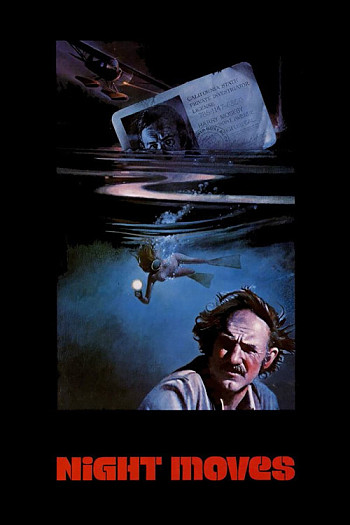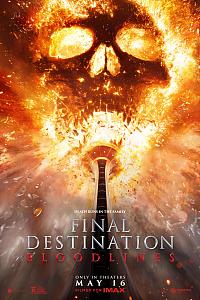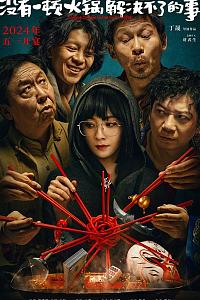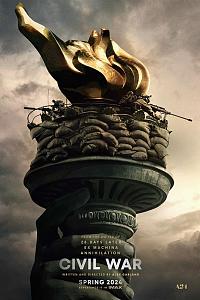
夜探毒龙潭
Night Moves
| 导演: | 阿瑟·佩恩 |
| 编剧: | 艾伦·夏普 |
| 主演: | 吉恩·哈克曼 珍妮弗·沃伦 爱德华·宾斯 |
| 制片国家/地区: | 美国 |
| 类型: | 悬疑 / 惊悚 / 犯罪 |
| 语言: | 英语 |
| 年代: | 1975 |
| 上映: | 1975-06-11 |
| 片长: | 100分钟 |
| 豆瓣评分: | 0 |
| IMDB: | 0 |
| 影伴评分: | 0 |
剧情简介
Harry Moseby (Gene Hackman), a worn-out private detective, is hired to look for a 16-year-old girl who has run away from the luxury home of her mother, formerly a small-time actress in Los Angeles. The more the weary cynic tries to get under the surface of the seemingly simple case, the harder it is for him to find his bearings among the lies and deceptions that surround him. E... (展开全部)
Harry Moseby (Gene Hackman), a worn-out private detective, is hired to look for a 16-year-old girl who has run away from the luxury home of her mother, formerly a small-time actress in Los Angeles. The more the weary cynic tries to get under the surface of the seemingly simple case, the harder it is for him to find his bearings among the lies and deceptions that surround him. Eight years after the key New Hollywood film Bonnie and Clyde, Arthur Penn and Gene Hackman reunited to collaborate on what was to become one of the most undervalued films of the decade. Like Polanski in Chinatown or Altman in The Long Goodbye, in his revisionist film noir, Penn also allows the 1940s classic genre to pervade the complex reality of the 1970s. The feelings of bitterness and emptiness in the modern Chandleresque protagonist originate not only in the “public” sphere of the strange, increasingly convoluted case, but in his private life as well (boyhood trauma, a broken marriage). As Moseby remarks of a sporting event, “nobody’s winning … one side is just losing slower than the other.”
Harry Moseby (Gene Hackman), a worn-out private detective, is hired to look for a 16-year-old girl who has run away from the luxury home of her mother, formerly a small-time actress in Los Angeles. The more the weary cynic tries to get under the surface of the seemingly simple case, the harder it is for him to find his bearings among the lies and deceptions that surround him. E... (展开全部)
Harry Moseby (Gene Hackman), a worn-out private detective, is hired to look for a 16-year-old girl who has run away from the luxury home of her mother, formerly a small-time actress in Los Angeles. The more the weary cynic tries to get under the surface of the seemingly simple case, the harder it is for him to find his bearings among the lies and deceptions that surround him. Eight years after the key New Hollywood film Bonnie and Clyde, Arthur Penn and Gene Hackman reunited to collaborate on what was to become one of the most undervalued films of the decade. Like Polanski in Chinatown or Altman in The Long Goodbye, in his revisionist film noir, Penn also allows the 1940s classic genre to pervade the complex reality of the 1970s. The feelings of bitterness and emptiness in the modern Chandleresque protagonist originate not only in the “public” sphere of the strange, increasingly convoluted case, but in his private life as well (boyhood trauma, a broken marriage). As Moseby remarks of a sporting event, “nobody’s winning … one side is just losing slower than the other.”
网友分享资源
推荐/吐槽
还没有评论,你会给朋友怎么推荐?




